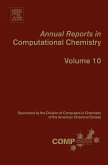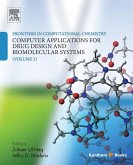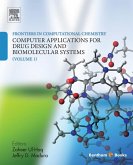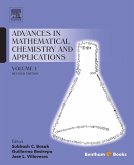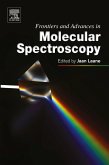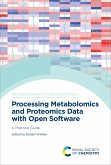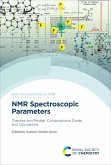Beginning with a clear introduction and review of theoretical foundations, the book goes on to explore intermolecular potentials before discussing the calculation of molecular interactions in more detail. Monte Carlo simulation and integrators for molecular dynamics are then discussed further, followed by non-equilibrium molecular dynamics and molecular simulation of ensembles and phase equilibria. The use of object-orientation is examined in detail, with working examples coded in C++. Finally, practical parallel simulation algorithms are discussed using both MPI and GPUs, with the latter coded in CUDA.
Drawing on the extensive experience of its expert author, Molecular Simulation of Fluids: Theory, Algorithms, Object-Orientation, and Parallel Computing 2nd Edition is a practical, accessible guide to this complex topic for all those currently using, or interested in using, molecular simulation to study fluids.
- Fully updated and revised to reflect advances in the field, including new chapters on intermolecular potentials and parallel algorithms
- Covers the application of both MPI and GPU programming to molecular simulation
- Covers a wide range of simulation topics using both Monte Carlo and molecular dynamics approaches
- Provides access to downloadable simulation code, including GPU code using CUDA, to encourage practice and support learning
Dieser Download kann aus rechtlichen Gründen nur mit Rechnungsadresse in A, B, BG, CY, CZ, D, DK, EW, E, FIN, F, GR, HR, H, IRL, I, LT, L, LR, M, NL, PL, P, R, S, SLO, SK ausgeliefert werden.



